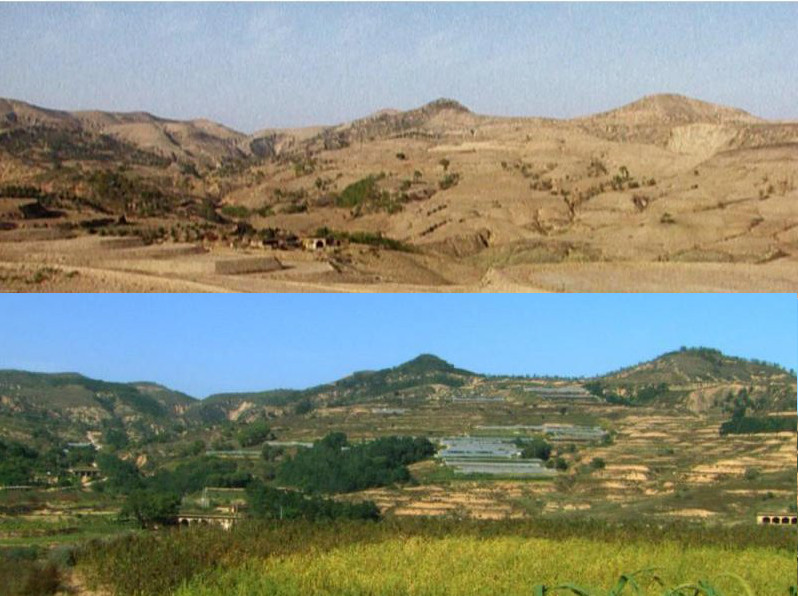Permaculture
Definition
Permaculture is a scientific, ethical, design system for the construction and indefinitely prolonged perpetuation of complete human centered ecosystems. (all of those words are important) Put simply, Permaculture is farming with your head, your heart, and … trees. All to make less work for the farmer.
Scientific:
Facts and techniques used in Permaculture need to be vetted by rigorous objective examination of the world as it exists. Also, the process of doing Permaculture follows the methods of science. Experiments are tried, evaluated, and repeated or discarded based on the results. Producing new science.
Ethics:
Earth Care: The practice of Permaculture must improve the conditions of the Earth for life.
People Care: Permaculture concerns itself with improving the lives of people. Wild spaces which are functioning well, should be left untouched.
Return of surplus: Set limits on consumption, and apply any surplus to improving the first two ethics.
The only ethical decision is to take responsibility for our own existence, and that of our children
Design system:
Permaculture is based on design. Thought is given in advance to determining, as much as possible, the work on the land, and its evolution through time, before any work is done. Permaculture is a system, in which each piece is implemented considering its effects on all the other pieces, and vice versa.
Though the problems of the world are increasingly complex, the solutions remain embarrassingly simple.
Construction & Indefinitely prolonged perpetuation
A Permaculture garden is an investment of work at the beginning, in order to create a system that will perpetuate itself for long periods with a much reduced workload. A typical garden requires at least weekly maintenance, a mature forest garden requires little more than harvesting. A Permaculture forest garden could last many decades, or even perpetuate itself for many generations of trees.
Human centric:
Humans are monopolizing about 83% of the biomass production of the planet. Much of that is misused. For example, lawns account for more area and resources in the US, than the top 9 crops combined. Permaculture aims to improve the efficiency of the human portions of the planet to allow more land for wild natural ecosystems.
We can grow the same nutritional value on 4% of equivalent land area currently under agriculture.
Complete ecosystem
A complete ecosystem is one in which very little is imported, and little is exported. Excess production (of anything) is pollution, and leads to a chaotic condition. Continual input into a system is obviously unsustainable. A complete ecosystem maximizes the use of outputs as inputs into other elements, increasing interactions, and thus increasing the robustness of the entire system.
The Benefits

- Reversal of desertification.
- Retention of, and increase of, water in the water table. Moderation of drought periods.
- Increase in carbon sequestration.
- Improved yield per area compared to modern industrialized farming.
- Slow the loss of topsoil.
- Fresher, healthier, cheaper, more diverse food for you and your family (Brix rating for nutrition).
Why Maine is perfect for Permaculture

picture credit: Topher Belknap
It has lots of cleared fields which are currently underutilized, with no, or little, history of chemical fertilizers, herbicides, or pesticides. Our climate will produce a forest given half a chance; unlike many places which remain deforested from a thousand years ago. Low population density and low population growth mean lots of land opportunities without having to outbid developers. Winter breaks pest cycles.
